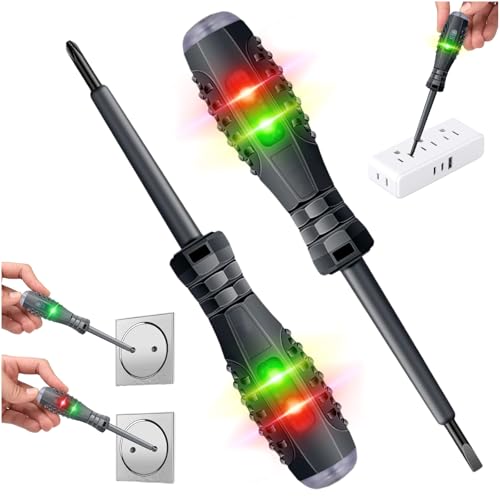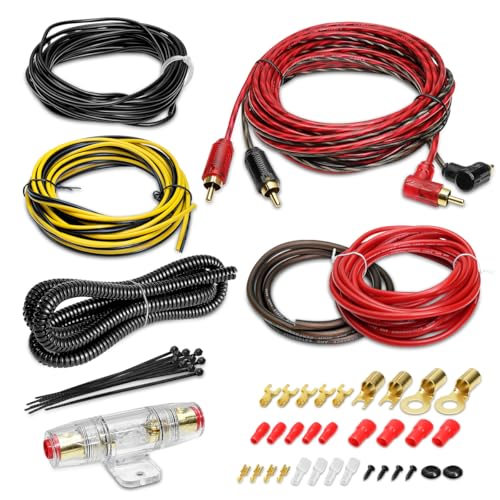They don't call it a cpc rod for some reason even though its function is to protect other circuits. Anyway....
I buried one in the garden just outside the house, ran some 10mm earth cable (to a 3Kw genny). Then I capped it with a purpose made plastic box and ran some conduit to a convenient location inside the garage. From there I can take the genny outside with a length earthing cable.
I certainly can't test Ze as my MFT can not test impedance on a live line although it can measure low resistance accurately (on a dead one obviously). I don't have two more spare earth rods and even if I did seems like overkill as I'm hardly creating a TT system here. The main house installation is a PME and for "fun" I measured the resistance between my earth rod (well the cable) and the MET. Intuitively this must give some indication of how well or badly the earth rod is performing. If the rod was made of plastic for example, this test would yield infinite ohms.
The result was nothing like that. So I would like to know what I have measured? Where does the earth rod electrically join up with the MET on my house installation. (The earth cable from the rod is obviously _not_ connected there). Whatever I have measured will show a higher reading for a poorer earth rod installation and a lower one for better installation/conductivity so why can't it be used to provide an indication of whether or not the earth rod is satisfactorily installed?
I haven't yet removed the supplier earth cable from the MET and measured directly to that, but I do know the main water pipe is plastic although gas possibly isn't. I plan to try the test again with that cable removed (and the CU shut down or at least nobody in the house when I do it).
I buried one in the garden just outside the house, ran some 10mm earth cable (to a 3Kw genny). Then I capped it with a purpose made plastic box and ran some conduit to a convenient location inside the garage. From there I can take the genny outside with a length earthing cable.
I certainly can't test Ze as my MFT can not test impedance on a live line although it can measure low resistance accurately (on a dead one obviously). I don't have two more spare earth rods and even if I did seems like overkill as I'm hardly creating a TT system here. The main house installation is a PME and for "fun" I measured the resistance between my earth rod (well the cable) and the MET. Intuitively this must give some indication of how well or badly the earth rod is performing. If the rod was made of plastic for example, this test would yield infinite ohms.
The result was nothing like that. So I would like to know what I have measured? Where does the earth rod electrically join up with the MET on my house installation. (The earth cable from the rod is obviously _not_ connected there). Whatever I have measured will show a higher reading for a poorer earth rod installation and a lower one for better installation/conductivity so why can't it be used to provide an indication of whether or not the earth rod is satisfactorily installed?
I haven't yet removed the supplier earth cable from the MET and measured directly to that, but I do know the main water pipe is plastic although gas possibly isn't. I plan to try the test again with that cable removed (and the CU shut down or at least nobody in the house when I do it).































































